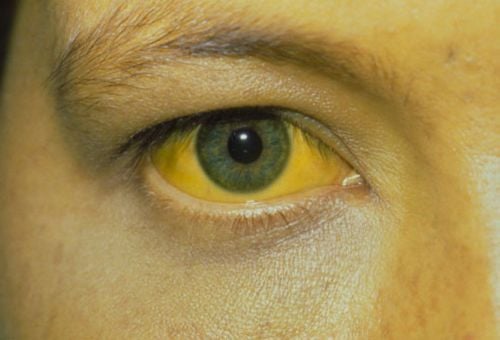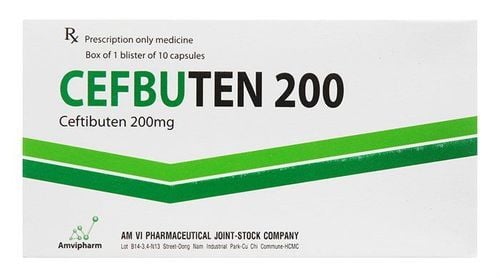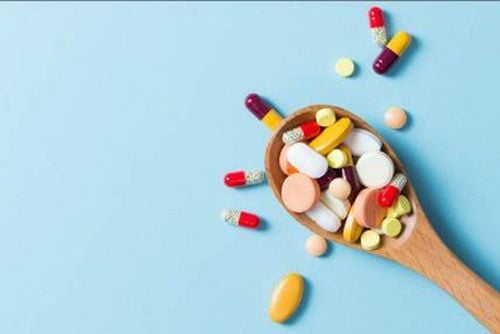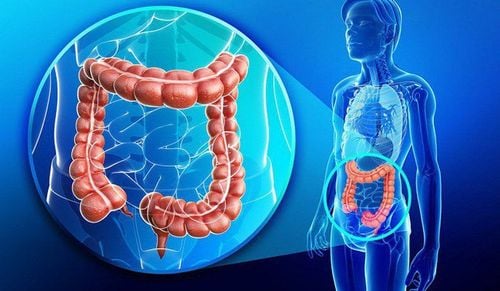This is an automatically translated article.
The article is professionally consulted by Master, Doctor Vu Huy Binh - Department of Medical Examination & Internal Medicine - Vinmec Hai Phong International General Hospital.1. What is colitis?
The colon or large intestine has the function of absorbing water and mineral salts from food in combination with the support of bacteria that make residue to break down food into feces. The colon then performs excretory contractions along with bowel movements to expel the feces. Because this is the part that breaks down food, it is prone to infection. Colitis is inflammation and dysfunction of the colon.There are many causes of ulcerative colitis. Includes: Parasitic infections such as amoeba, colonic parasitic worms such as roundworms, pinworms, whipworms and intestinal flukes Microbial infections causing dysentery Shigella, Salmonella, ... cause an irregular diet deficient dietary fiber, eating raw, drinking cold water, eating hot spicy foods, using stimulants such as beer and wine, can damage the intestinal lining. Medications can irritate the lining of the colon. Autoimmune diseases such as rheumatoid arthritis, celiac disease, or psoriasis increase the risk of colitis. Bile acids are not absorbed properly and irritate the lining of the colon.
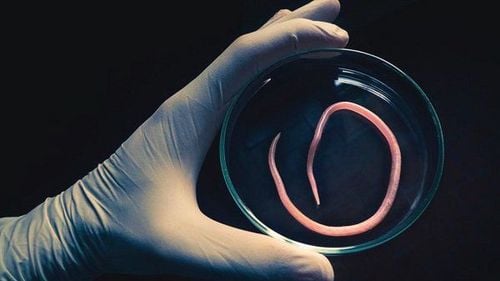
Risk factors for microscopic colitis include:
Advanced age: Colitis is most common in people aged 50 to 70 years. People with colitis have co-existing immune conditions such as celiac disease, thyroid disease, rheumatoid arthritis, diabetes, or psoriasis. Someone in the family has irritable bowel syndrome. Smoking: Several studies have shown that smoking increases the risk of colitis.
2. Symptoms
Persistent defecation disorder manifests as solid and liquid stools, often broken and unformed stools, going from 2 to 6 times a day accompanied by live, loose, crushed or constipated stools, I still feel the urge to go outside after going out. Abdominal pain: Abdominal pain occurs erratically, sometimes dull, sometimes severe, sometimes like a pins and needles with bloating and flatulence along the colon. Location: abdominal pain along the colonic frame, frequent abdominal pain in the left or right iliac fossa. Pain increases sharply after eating and before defecation or when fasting. In more severe cases, there may be rectal bleeding, mucusy stools and possibly blood.... Patients often have symptoms of anorexia, fatigue, weakness, and weight loss. When eating strange food, raw food, greasy food, it is easy to get stomachache and have frequent bowel movements.
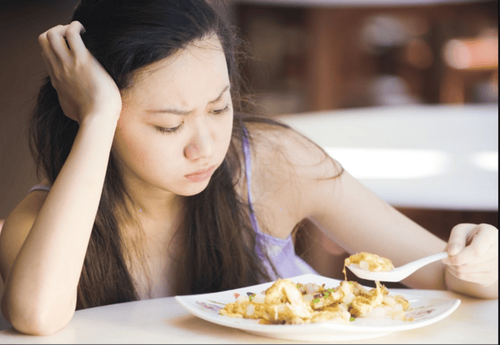
3. Is inflammatory bowel disease dangerous?
Inflammatory bowel disease is very dangerous in that its diagnosis is late, the possibility of definitive treatment is low, it is easy to recur and especially has a very high risk of developing colon cancer. Studies have shown that chronic colitis increases the risk of colon cancer by 20-30% of people with colitis, especially if the disease is long-lasting. The disease is dangerous in that the patient voluntarily buys drugs to drink, does not treat thoroughly until the disease reaches a late stage, then goes to the chronic stage when the colon is atrophied, which is difficult to treat. Inflammatory bowel disease causes dangerous complications such as:
Massive bleeding: This condition occurs when the lining of the colon is severely inflamed, the villi in the colon is reduced along with alcohol use, Eating unhygienic foods and not getting proper treatment can easily lead to massive bleeding. Colon perforation: This phenomenon is also caused by antibiotic treatment, intestinal beneficial bacteria are destroyed, the villi are left bare, causing ulcers to penetrate deep into the colon, eroding the colon wall, leading to colon perforation for a long time. . Acute dilatation of the colon: Long-term colitis can lead to complications of the dilated colon, severely reduced digestive function, the risk of ulceration and perforation is many times greater. Colon cancer: This is the most dangerous complication. When the lining of the colon has a long-lasting ulcer or a recurring ulcer, the mucosal epithelial cells are at risk of dysplasia and then turn into a malignancy in the colon.
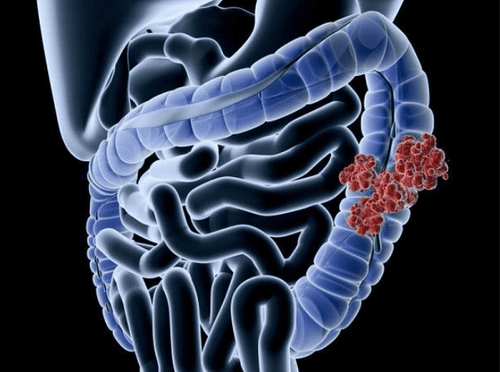
4. Treatments for colitis
When there are symptoms of colitis, the patient needs to go to the doctor, colonoscopy, gastrointestinal endoscopy for early detection and timely treatment. This is an effective method of diagnosis and treatment of the disease. Do not arbitrarily treat not according to the doctor's instructions because using the wrong medicine will make the disease worse, drug resistance makes it difficult to treat colitis. Mild disease can be treated with oral medication and periodically monitored. If the disease is severe, surgical intervention will be required.
5. Prevention
Diet to ensure hygiene and healthy eating (eat cooked and drink boiling; variety of vegetables, tubers and fruits). Perform deworming periodically every 6 months. Supports the digestive system with live digestive enzymes. When there are signs of ulcerative colitis, it is necessary to go to the doctor soon, to be diagnosed and have timely treatment measures. Vinmec International General Hospital is one of the hospitals that not only ensures professional quality with a team of leading doctors, modern equipment and technology, but also stands out for its examination and consulting services. and comprehensive, professional medical treatment; civilized, polite, safe and sterile medical examination and treatment space.
Please dial HOTLINE for more information or register for an appointment HERE. Download MyVinmec app to make appointments faster and to manage your bookings easily.





